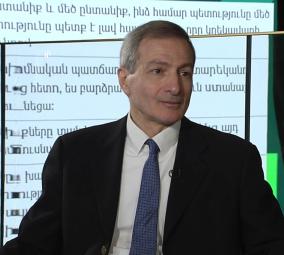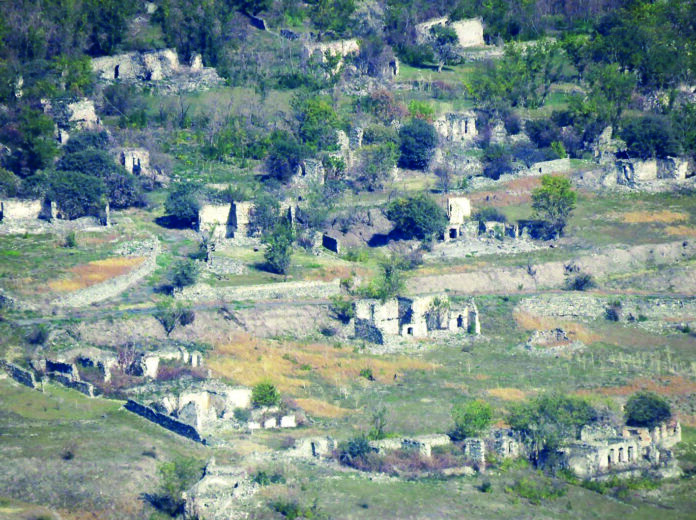Realizing his bargaining position is limited, Armenian Prime Minister Nikol Pashinyan is making a pragmatic play to secure a border delimitation agreement with Azerbaijan: he appears willing to offer a unilateral give to ultimately get what Armenia needs.
Delimitation discussions appear stuck at present over Azerbaijan’s demand that it gain control of eight villages in border areas currently under Armenian jurisdiction. Pashinyan in comments to journalists signaled a willingness to unilaterally hand over four of the disputed villages. In doing so, he also suggested a practical way of settling the boundary between the two states. His initiative appears intended to deprive Azerbaijan of a pretext to launch new military action to seize territory, including any assault that could cut Armenia’s direct access to Iran.
“The de jure border that existed at the time of the collapse of the Soviet Union was reaffirmed by the [1991] Alma-Ata declaration and not only by that declaration, but also by the agreements held in Prague on October 6, 2022,” Pashinyan said at a March 12 news conference.
Four of the disputed villages – Baghanis Ayrim, Lower Askipara, Kheyrimli, and Gizilhajili – were on the Azerbaijani side of the border between the two former Soviet republics and were occupied by Armenian forces in the 1990s, during the first Karabakh war, which concluded in 1994 after the signing of the Alma-Ata declaration.
Citing the Alma-Ata and Prague agreements, Pashinyan acknowledged that “the former administrative border, which existed during the Soviet Union, is somewhat beyond that present administrative border.” He went on to call for both states to reaffirm the frontier defined by the Alma-Ata agreement.
“In the process of [border] delimitation, we must work on reproducing that border in any format,” the Armenian prime minister said. “We must proceed from the de jure reality. What is Armenia is Armenia, what is not Armenia is not Armenia.”








